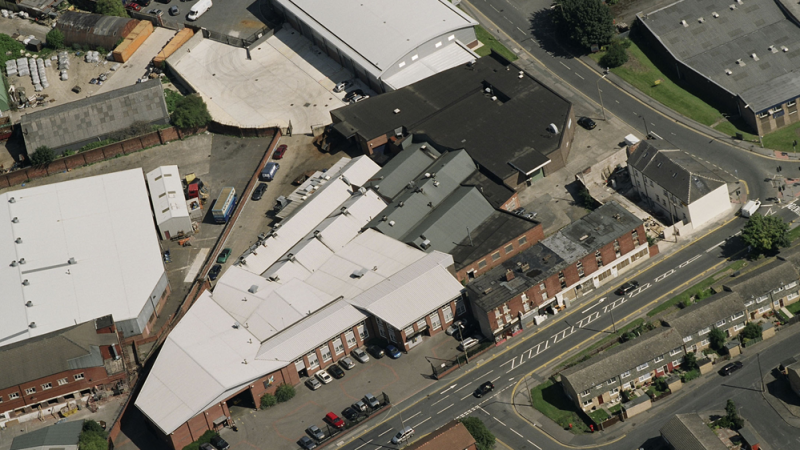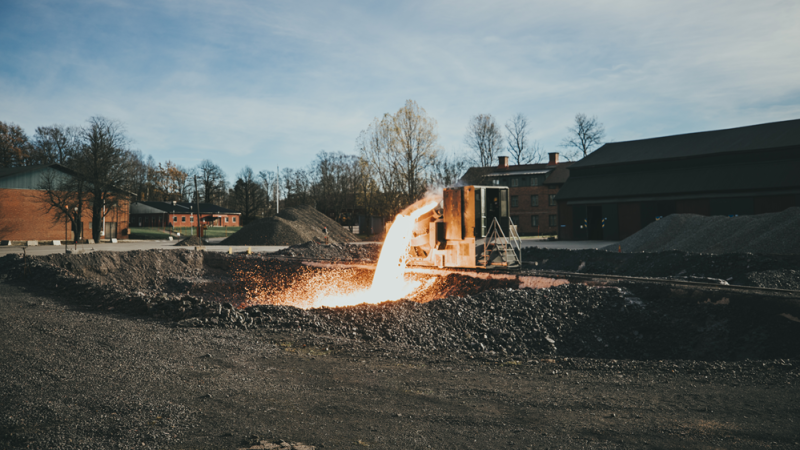Forklifts, trucks, excavators, and other heavy equipment all play vital roles in building and maintaining the modern world. These machines have significantly reduced the need for backbreaking manual labour and have inarguably contributed to a better quality of life for everyone.
However, for the vast majority of businesses, owning heavy machinery isn’t always necessary or even practical. For a very select few, ownership could come with long-term cost savings and immediate access. Still, even for these organisations, these benefits always come with ongoing maintenance costs and obsolescence risks.
In short, in most cases, renting is the best option, especially for businesses that require infrequent access to these complex tools. Here are a few businesses that, as a whole, benefit more from renting instead of buying heavy equipment:
- Construction Companies
While you might expect construction businesses to own all of their equipment, it’s become more common for these firms to simply rent the equipment they need for each project. Not committing to ownership can save significant amounts of funds and keeps capital from being tied to machinery that lies idle in periods of low demand.
- Logistics and Warehousing Companies
Larger businesses in these sectors generally own at least a few forklifts and other heavy equipment for managing standardised pallets. However, they usually turn to forklift rental to increase their capacity during peak seasons. Renting this way allows them to scale up operations as needed without overinvesting in equipment that may remain unused during slower times.
- Event Management Firms
Event planners often need specialised equipment such as forklifts and cranes for stage setups. Renting enables them to procure the specific types of machinery they need for each event, saving them the expense of purchasing and maintaining equipment that would otherwise be unused for most of the year.
- Agricultural Businesses
Agribusinesses are highly seasonal and many operations could not afford the cost of owning critical heavy machinery outright. Renting equipment like tractors, forklifts, or combines allows these businesses to avoid the high costs of purchasing and maintaining equipment they only use during the planting season.
- Landscaping and Gardening Services
Landscapers tend to own a few key pieces of equipment and rent larger machines that are not used as much. Renting guarantees access to compact loaders, large earthmovers, and other infrequently used machines without the financial strain of ownership.
- Demolition Contractors
Demolition projects are generally sporadic, so it usually makes little sense for contractors to own a complete range of heavy equipment to take on all jobs. In practice, more specialised equipment is rented on an as-needed basis to conserve capital and reduce maintenance costs.
- Oil and Gas Companies
Hydrocarbon exploration and drilling require expensive, highly specialised equipment that not all businesses are prepared to own outright. Renting allows these businesses to access the latest machinery and easily move to new locations without getting bogged down by the challenges and costs of transporting owned equipment.
- Film and Television Production Companies
Film and TV production companies are fairly frequent users of heavy equipment. These are essential for quickly building and taking down sets, transporting large props, and providing an infinite range of additional capabilities for crews working behind the camera. However, the cost of full-time ownership rarely works in favour of production companies, making renting a go-to strategy.
- Municipal and Public Works Departments
Public works projects like road repairs or park maintenance often demand varied equipment. Through renting, government offices can access the necessary machinery for specific projects without committing significant sums of taxpayer money—and political capital—to long-term ownership.
- Mining Operations
Mine operators may own much of their own machinery but still rent heavy equipment for less frequent activities like exploration. Given the high costs of mining equipment, renting is also a practical option for smaller operations as well as those that are uncertain about the longevity of a site’s profitability.
Tailor Your Heavy Equipment Acquisition Strategy to Your Needs
If your business aligns with any of the industries above, renting heavy equipment should be considered the default choice for your operations. Generally speaking, the cost of owning complex machinery is difficult to justify for businesses with limited needs, especially since ongoing maintenance can present a serious challenge that not many can comfortably take on. Even in organisations that use heavy machinery on a regular basis, renting still offers savings and unparalleled flexibility, including access to the latest technology.
Given that many businesses have limited capital, the ability to conserve cash while still accessing the latest tech seems to be a no-brainer. At the end of the day, however, the question of whether or not renting is right for a business depends on very specific circumstances. In cases where a business might need to use a piece of equipment through most of the year, the maths of renting may not be as favourable. Work with your finance and operations teams to find out whether renting these assets really is the way to go for your business.






